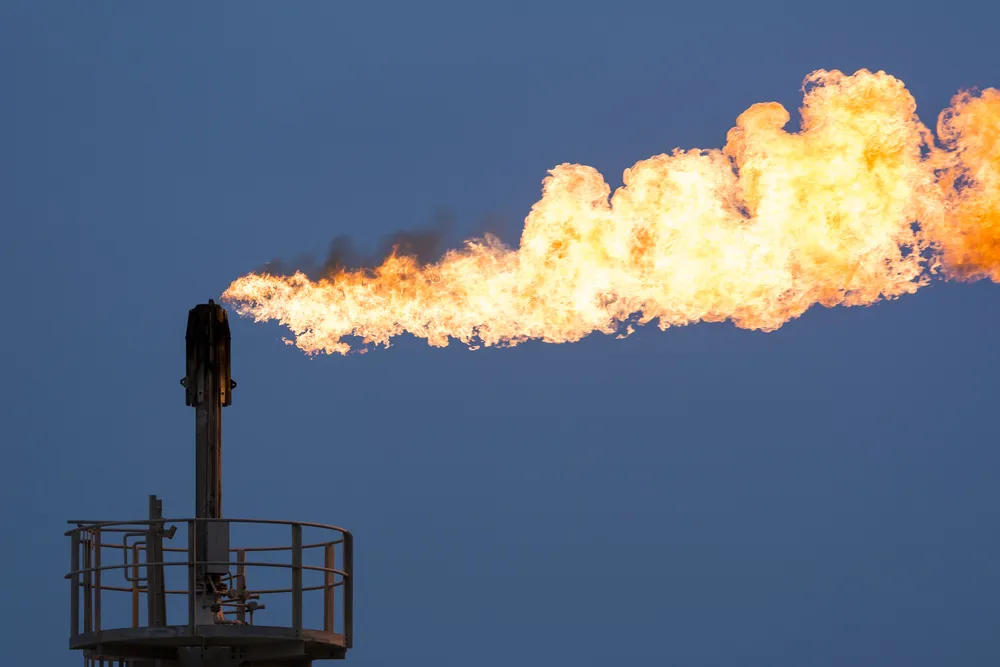Introduction:
In the oil and gas sector, artificial lift systems are necessary during the production phase when natural reservoir drive may be insufficient. This comprehensive course focuses on understanding Electric Submersible Pumps (ESPs) as a key technology for oil and gas production employing artificial lift.
Participants will explore the major types of artificial lift systems, their merits and demerits, and the domains in which they are effectively utilized. The syllabus emphasizes the use of Nodal systems for the correct conceptualization, design, optimization, and troubleshooting of ESP systems, addressing various prospects in oil and gas artificial lift production.
Objectives:
At the end of this ESP artificial lift course, participants will:
- Have a working understanding of subsurface production operations and the use of various artificial lift techniques.
- Understand reservoir performance in terms of inflow and outflow relationships.
- Present and defend a comprehensive appraisal of artificial lift methods and equipment, selecting the best one accordingly.
- Demonstrate an understanding of the various parts of the ESP system.
- Propose performance calculations for a developed ESP system and the operational strategy to be utilized.
- Demonstrate how much oil will be produced by applying the proper concepts and use of ESP systems.
- Choose the right ESP suitable for job requirements, especially in extreme conditions.
- Evaluate data from downhole tools and recorded parameters of the ESP to enhance artificial lifting practices.
- Solve problems associated with gas, solids, and corrosion in produced fluids.
- Perform detailed analyses of ESP malfunctions to derive optimization solutions.
Training Methodology:
- Frontal lectures and presentations
- Data analysis
- Focus groups
- Modeling and simulations
- Research on problem-solving
- Exams and feedback
- Hands-on practices
- Guest lectures
Course Outline:
Unit 1: Introduction to Artificial Lift Technology
- Review of existing oil and gas artificial lift systems such as sucker rod pumps, gas lift, and ESP.
- Discussion on why artificial lift may be necessary despite natural pump efficiency due to changing well conditions.
- Performance and operational applications and boundaries of other artificial lift systems.
Unit 2: Reservoir Performance
- Holistic understanding of wellbore and reservoir inflow performance metrics.
- Definition of productivity index and related key terms.
- Quantitative study of inflow and outflow relationships.
Unit 3: Fundamentals and Applications of ESP
- Overview of ESPs and their position within the artificial lift industry.
- Operational principles of ESP through electrical electrons and hydraulic pressure.
- Detailed examination of the components of the ESP system, including pumps, gas separators, protectors, ECM motors, and downhole sensors.
Unit 4: ESP System Design, Performance Calculations, and Equipment Sizing
- Establishing the basic requirements of artificial lift.
- Procedures for assessing well productivity.
- Assessing liquid contents and controlling gas levels in the system.
- Methods for calculating Total Dynamic Head and its significance for artificial lift optimization.
- Selecting appropriate pump types and sizes, including motor specifications.
- Identifying downhole cable configurations and artificial lift design.
- Choosing drive/control systems and power systems for offshore/onshore applications.
- General requirements for variable speed drive and examples of its use in ESP systems.
Unit 5: Alternative ESP Applications and Configurations
- Operating ESPs in multiphase, thick, abrasive fluids, high temperatures, and corrosive conditions.
- Overview of various ESP configurations, including Pod ESPs and inverted/bottom intake setups.
Unit 6: ESP Installation, Commissioning, Operation, and Troubleshooting
- Installation practices for ESP artificial lift equipment.
- Guidelines for commissioning and troubleshooting surface equipment.
- Efficiency considerations for ESP operation and optimization measures.
- Case studies on ESP problems and failures.
- Techniques for analyzing technical issues with artificial lift equipment.
Unit 7: Monitoring and Surveillance of ESP Performance
- Continuous monitoring of ESP performance parameters: flow rate, pressure, temperature, and motor current.
- Utilizing downhole gauges and surface sensors for real-time data.
- Integrating SCADA systems with data acquisition for remote monitoring.
- Alarm systems for notifications of failures and abnormal conditions.
- Proactive maintenance through monitoring for better predictive strategies.
Unit 8: Future Protection Measures for ESP Systems
- Maintenance procedures aimed at enhancing ESP reliability and longevity.
- Regular inspections for mechanical integrity, corrosion, and fluid contamination.
- Retiring seals, bearings, and cables as needed.
- Condition monitoring techniques, including vibration and oil analysis.
- Collaborative maintenance efforts between OEMs and service providers.
Unit 9: Environmental Considerations and Health & Safety Regulations
- Assessing environmental risks related to equipment operation, including emissions and fluid disposal.
- Evaluating air quality, water usage, and waste management.
- Promoting activities that positively influence the environment and community.
- Implementing an environmental management system (EMS) alongside social policy initiatives.
- Developing training programs for employees on environmental stewardship.
Unit 10: Innovations in ESP Technologies
- Exploring new technologies like smart sensors and IoT for monitoring ESPs.
- Utilizing advanced materials to enhance component efficiency.
- Incorporating machine learning for system maintenance and analysis.
- Developing next-generation ESP systems for extreme conditions.
- Collaborating with research organizations and technology partners for innovative solutions.
Conclusion:
At the end of this course, dedicated participants will emerge as certified and competent engineers specializing in artificial lift systems. They will be equipped to enhance the performance and maintenance of ESP systems, effectively addressing specific offshore production challenges through their understanding of artificial lift techniques.


















